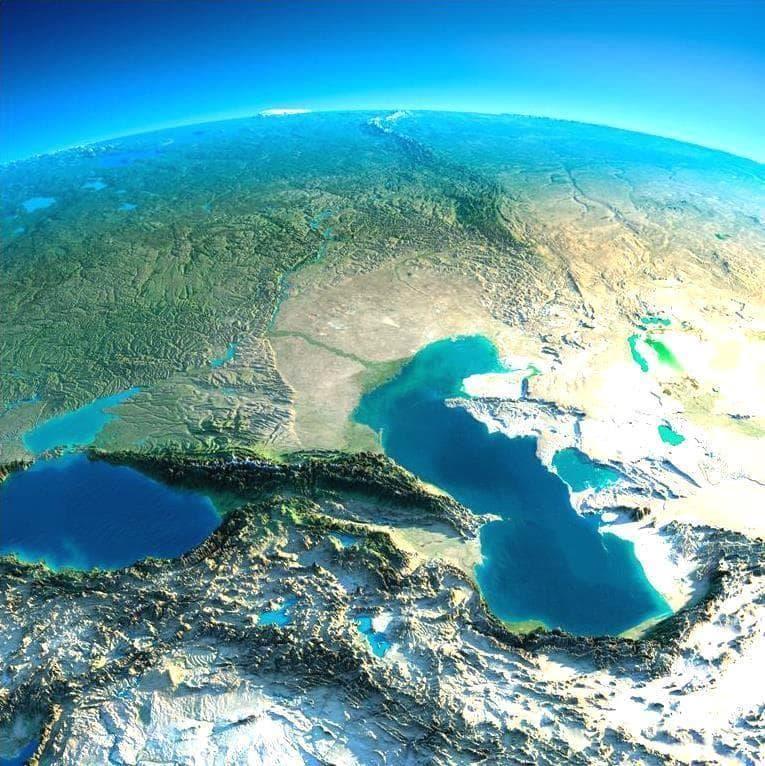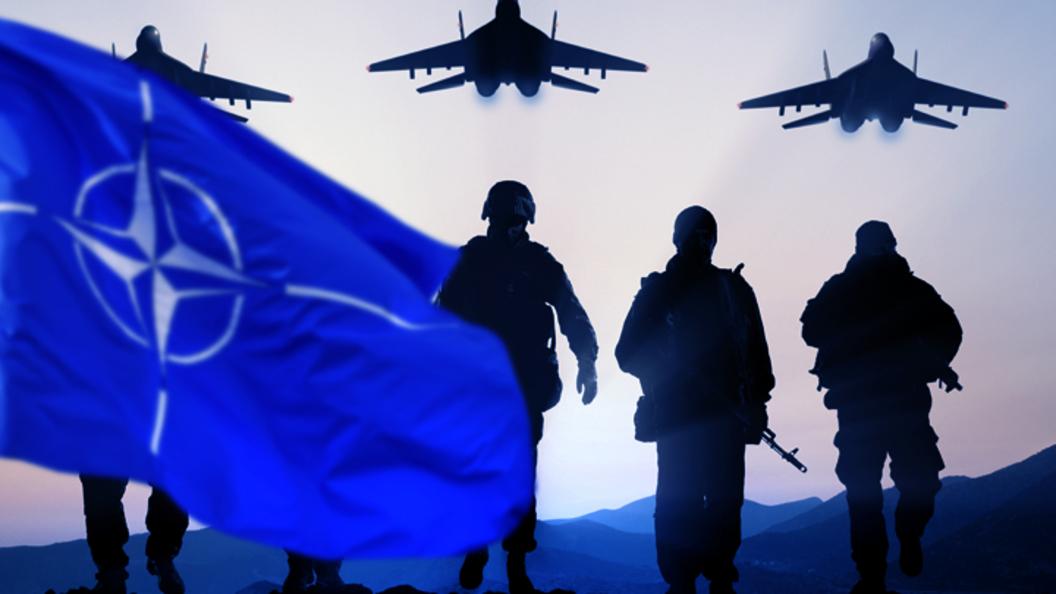Much in the South Caucasus depends on the outcome of the Russian-Ukrainian war: Georgian historian Professor Kupatadze at Caliber.Az
Caliber.Az presents an interview with Doctor of Philosophy in History, Professor of Tbilisi State University Bondo Kupatadze.
- Mr. Kupatadze, what is your assessment of the current level of economic and political relations between Azerbaijan and Georgia?
Georgia and Azerbaijan have been linked by close economic and political ties for 30 years. The Black Sea Economic Cooperation Organization initiated by Turkey in the 90s and then creation of GUAM organization played a major role in establishing these relations.
Energy is one of the main areas of our cooperation, which is reflected in such important jointly implemented projects as the Baku-Supsa and Baku-Tbilisi-Ceyhan oil pipelines, as well as Baku-Tbilisi-Erzurum gas pipeline. Active contacts continue within the Southern Energy Corridor projects and the Baku-Tbilisi-Kars railroad project.
Cooperation in tourism sector is going on successfully. The number of visitors from the Republic of Azerbaijan increases every year. Azerbaijan has been one of the largest trade and economic partners of Georgia for many years. Azerbaijani companies make huge investments in Georgia.
Georgia-Azerbaijan-Turkey trilateral format, created by the Foreign Ministers in 2012 (Trabzon Declaration) is an important political mechanism in the relations. The role of ethnic Azerbaijani citizens of Georgia and ethnic Georgians citizens of Azerbaijan is especially important in further deepening of Georgian-Azerbaijani relations.

- I would like to hear your assessment of the military and political situation in our region...
Separatism has been the main problem of the South Caucasus for decades. During and after the collapse of the Soviet Union, Moscow encouraged and supported separatism in our region in every possible way. Now we have a complicated situation. Much depends on the outcome of the Russian-Ukrainian war, which may change the political agenda in the South Caucasus for the better.
- Could you please share your opinion on the recent meeting between Aliyev and Pashinyan in Brussels?
The participation of European diplomacy in the settlement of Armenian-Azerbaijani conflict is an important fact. This is a prerequisite for solving the problem in a civilized way. So far, Russia has acted as a mediator, mainly adding fuel to the fire. Today it is possible to solve the problem under more or less acceptable conditions for both sides.
- And at the same time, there is an unflagging revanchist mood in Armenia. What is to be done about it?
At present, Azerbaijan has the advantage. If Azerbaijan continues to base its actions on the principles of justice and equality, the revanchists in Armenia will be in the minority and their intentions will not have support in the Armenian society. This is important. We all see that the world is changing and after 220 years since Russia came to our region, there may be a chance for it to finally leave the South Caucasus and peace may be established there. The states of the South Caucasus must follow the "rules of the new game" of the world politics. The unity of the Caucasian states is crucial in this process.

- After the events in Ukraine, is Georgia still aiming to join NATO?
Georgia has been cooperating with NATO since 1994 within the framework of the Partnership for Peace Program. It is facilitated by the fact that we are neighbors of a NATO member, Turkey. The Georgian Army actively participates in international peace-keeping missions. The main motive for joining NATO is the security of our country. The issue of Georgia's membership in NATO may not sound loud against the background of the Russian-Ukrainian war, but the threats have not gone away. Therefore, this question is still relevant.
Since joining NATO is a lengthy bureaucratic process, our Western allies can offer an alternative - NATO can be replaced by a direct agreement with specific states. In our reality, there is a similar scheme of this type of union: UK-Poland-Ukraine.
- Has Georgia come closer to the EU in recent years?
EU membership is the most important task for Georgia. This is also a long and difficult process. Visa liberalization has become a key-note stage in this process - the introduction of a visa-free regime for Georgian citizens in EU countries in 2017. However, we are all well aware that in order to integrate into the European Union, it is necessary to carry out serious reforms for the democratic development of the country.
- Relations between Ukraine and Georgia have deteriorated in recent weeks. What is the way out of this situation on your opinion?
This is an exaggeration. Georgia and Ukraine have common strategic interests in relations with Russia. These countries have suffered the most from it. Both countries have experienced two wars with Russia (1992/1993 - Abkhazia; 2008 - Tskhinvali region; 2014 - Crimea, Lugansk, Donetsk; 2022 - large-scale Russian-Ukrainian war). The territories of both countries (the Abkhazian Autonomous Republic, the so-called "South Ossetian Autonomous Region", the Autonomous Republic of Crimea, Donetsk and Lugansk regions) are occupied by Russia. Accordingly, Georgia actively supports Ukraine's struggle for freedom against the aggressor.
Concrete examples: more than 1,000 Georgian citizens are fighting as volunteers on the Ukrainian front (6 of them have already died on the front line); Georgia has received up to 20,000 IDPs from Ukraine; numerous rallies in solidarity with Ukraine are still taking place in major cities of Georgia; Georgia has always supported Ukraine and voted against Russia in the diplomatic arena; the Embassy Georgia was one of the few embassies that remained in Kyiv throughout the war.
Confirmation of the firm Western course was the submission of applications for EU membership by three countries (Ukraine, Georgia, and Moldova) during the Russian-Ukrainian war.








